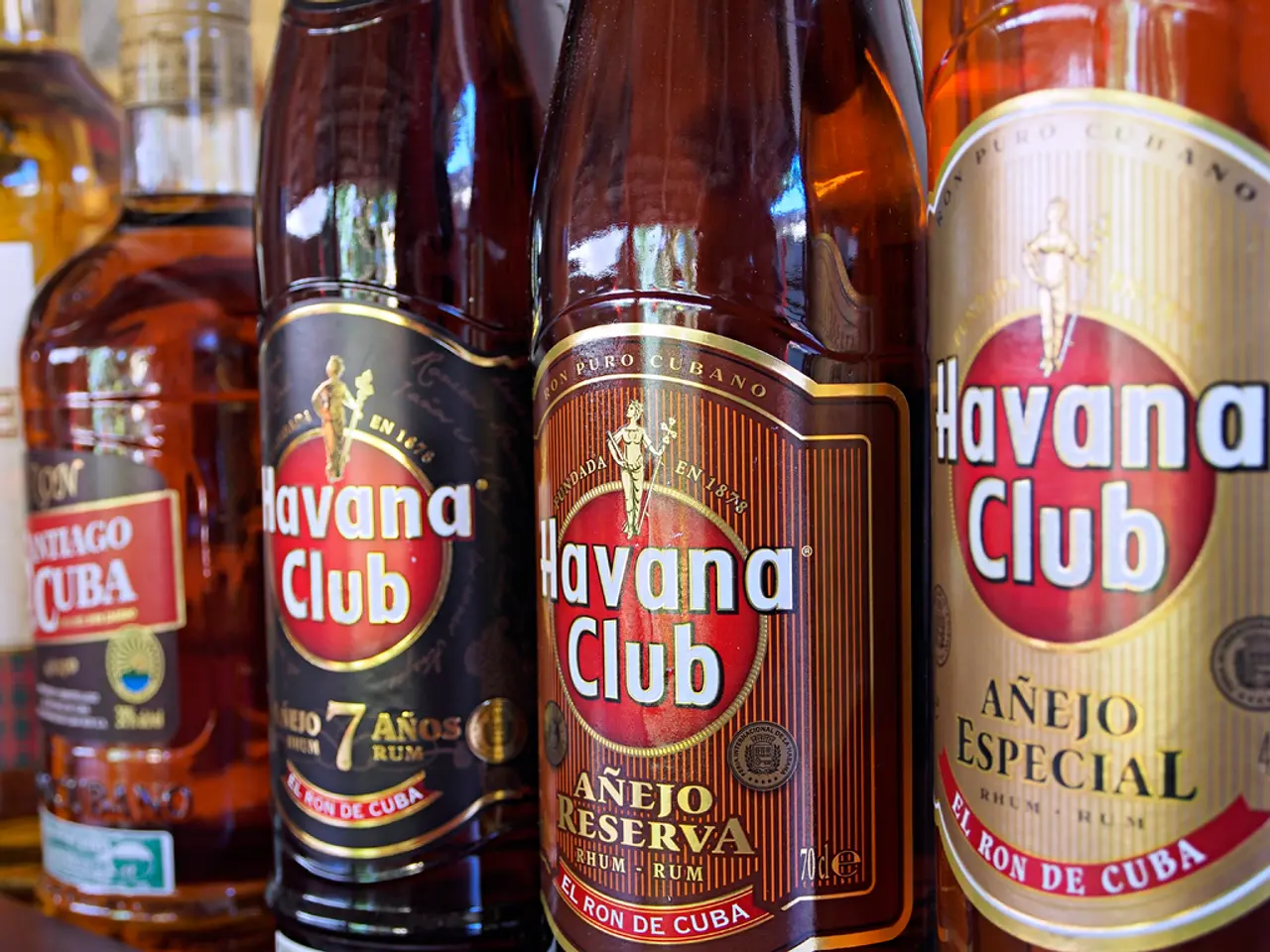Supreme Court Questions FDA's Arbitrary Actions Against E-Cigarette Goods
The case of FDA v. Wages and White Lion Investments, LLC is currently making waves at the U.S. Supreme Court, with the Food and Drug Administration's (FDA) actions on flavored nicotine vaping devices under the microscope.
The FDA has been accused of a "regulatory switcheroo" in denying numerous premarket tobacco product applications (PMTA). This rejection has potentially put the industry providing harm-reduction alternatives, such as flavored nicotine vaping devices, at risk of decimation.
One of the groups advocating for a prohibition on flavored e-liquids is the American Medical Association. However, the FDA's rejection of applications to market flavored nicotine vaping devices, as seen in the case of blu, manufactured by Fontem US, the vaping subsidiary of Imperial Brands, has been criticized by the Consumer Choice Center.
Elizabeth Hicks, US Affairs Analyst of the Consumer Choice Center, stated that the FDA's rejection of Triton and Vapetasia's applications demonstrates a failure to balance or understand public health priorities and opportunities provided by less harmful nicotine products. She also emphasized that denying adult smokers access to safer alternatives like flavored vaping devices could have dire consequences for harm-reduction efforts.
The Consumer Choice Center continues to call on policymakers and regulators to prioritize consumer access to safer alternatives and ensure regulatory clarity around nicotine products. They argue that regulatory decisions should be evidence-based, not rooted in unachievable or shifting standards that are unreasonable to provide.
The focus of arguments in front of SCOTUS is on the transparency and consistency of the FDA in denying product applications and the adequacy of the marketing plans of the applicants. Clarence Thomas, a Supreme Court Associate Justice, observed that the FDA's guidance was a "moving target" that shifted throughout the process. Neil Gorsuch, another Associate Justice, lamented that applicants were not granted conditions for jury trials in administrative cases, as the Court outlined in SEC v. Jarkesy.
The U.S. Court of Appeals for the 5th Circuit has affirmed that the FDA's actions were arbitrary and capricious. This significant case underscores the need for fairness and transparency in regulatory processes, especially those related to public health and consumer choice.
The Consumer Choice Center is an independent, nonpartisan consumer advocacy group that closely monitors regulatory trends in various international locations. You can learn more about their work on their website at www.consumerchoicecenter.org.
Millions of adult consumers rely on the industry for transitioning away from smoking traditional cigarettes. The outcome of this case could have far-reaching implications for these consumers and the industry as a whole.
Read also:
- Peptide YY (PYY): Exploring its Role in Appetite Suppression, Intestinal Health, and Cognitive Links
- Toddler Health: Rotavirus Signs, Origins, and Potential Complications
- Digestive issues and heart discomfort: Root causes and associated health conditions
- House Infernos: Deadly Hazards Surpassing the Flames








